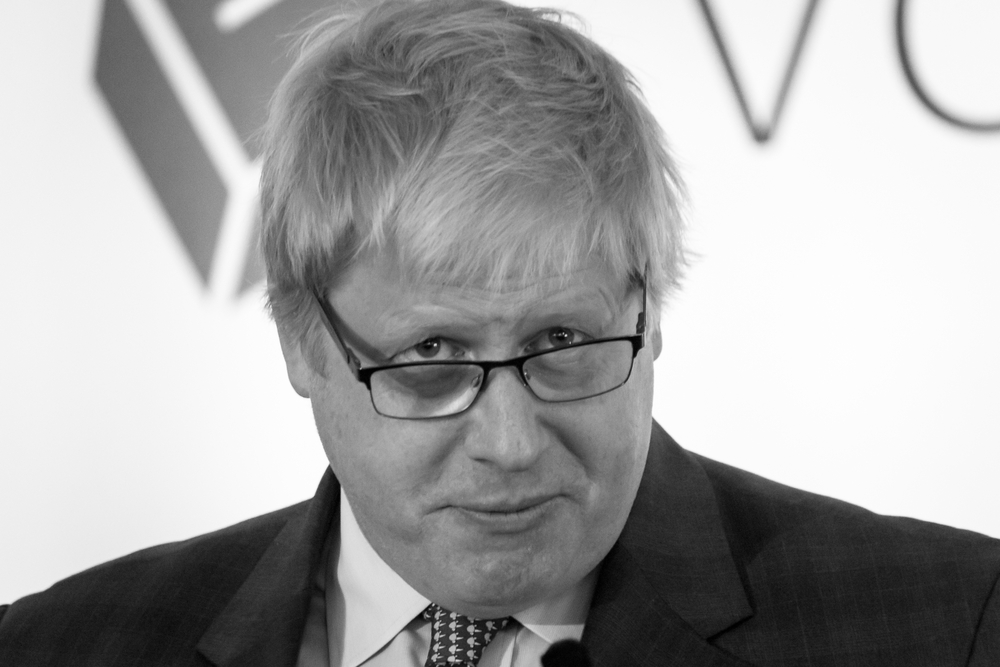On Twitter, Ryan Bourne links to a series of tweets by Ben Riley-Smith, the political editor of the Daily Telegraph, on Boris Johnson’s reopening plan. Ryan’s comment is: “Why are the UK guidance and laws so much more specific and prescriptive than anywhere else? Absurd level of micromanagement”. If you read Riley-Smith’s tweets (which, if I understand correctly, are based upon political rumor), you will indeed be left with a similar question.

It is notable, and troubling, how much “planning” has been going on in these matters. This is the consequence of an approach of fighting the pandemic in which most governments renounced early on the idea of using rules, as general as possible in these difficult times, and choosing instead a discretionary approach. Discretion has two benefits: on the one hand, it allows for faster adaptation as the pandemic situation evolves. On the other hand, it makes it easier for people in power to claim credit for whatever advancement recorded in the struggle with the virus.
But by using prohibitions and bans, rather than rules, and emphasizing the government’s power to impose and revise plans for the whole of society, we are wasting the opportunity to mobilize knowledge and creativity on a larger scale. Your grocer is not an epidemiologist, and his opinions on the virus’ variants, for example, are unlikely to be particularly well-founded. But if you tell him that he can have a certain number of people per hour / per square meter in his shop, or that he can stay open provided he copes with a certain degree of social distancing, he is likely to busy himself in contriving ways to keep open and complying with the rule at the same time.
Since the virus is a collective problem, governments have all somehow assumed that there can be no bottom up solutions. But the “struggle against the virus”, by any practical purpose, is in fact a series of attempts and actions aiming at keeping our lives together and similar to what they were before, as much as possible despite the pandemic. These attempts and actions could benefit a great deal from bottom-up, trial-and-errors endeavor. Governments have chosen to do without them. This may increase the costs of non pharmacological interventions, but it also means that we won’t benefit from tinkering solutions. It is an old story: the government assumes its experts have superior knowledge. When it comes to the virus, it is likely to be true. When it comes to how to adapt our lives to the fact the virus exists, perhaps no.


Comments are closed.